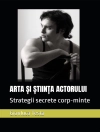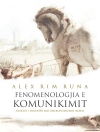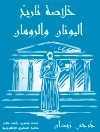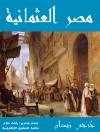In the seventeenth century, fear and anxiety served as basic concepts for personal and social self-constitution. The complex problematization of these affects is found not only in scholarly debates and literature but also in a variety of autobiographical and self-narrative sources from the Thirty Years’ War and wars against the ‘Turks’. This book highlights historical explanations of fear, anxiety and terror, contextualizing them within early modern theories and notions of affect and imagination. Further, it explores the functions of these particular ‘emotions of the soul’ Contemporaries regularly remembered their fear of human and divine retribution, stressing its specifically violent potential. In doing so, they also instructed their readers as to the religious and moral preconditions for overcoming their fears. The present study demonstrates that, in the seventeenth century at least, the concept of ‘fear’ was often related to the ‘fear of God’, and as such fundmentally different from the modern ‘feelings’ of fear and anxiety.
Sobre o autor
Dr. Andreas Bähr ist derzeit Professor für Europäische Kulturgeschichte der Neuzeit an der Europa-Universität Viadrina Frankfurt (Oder).












